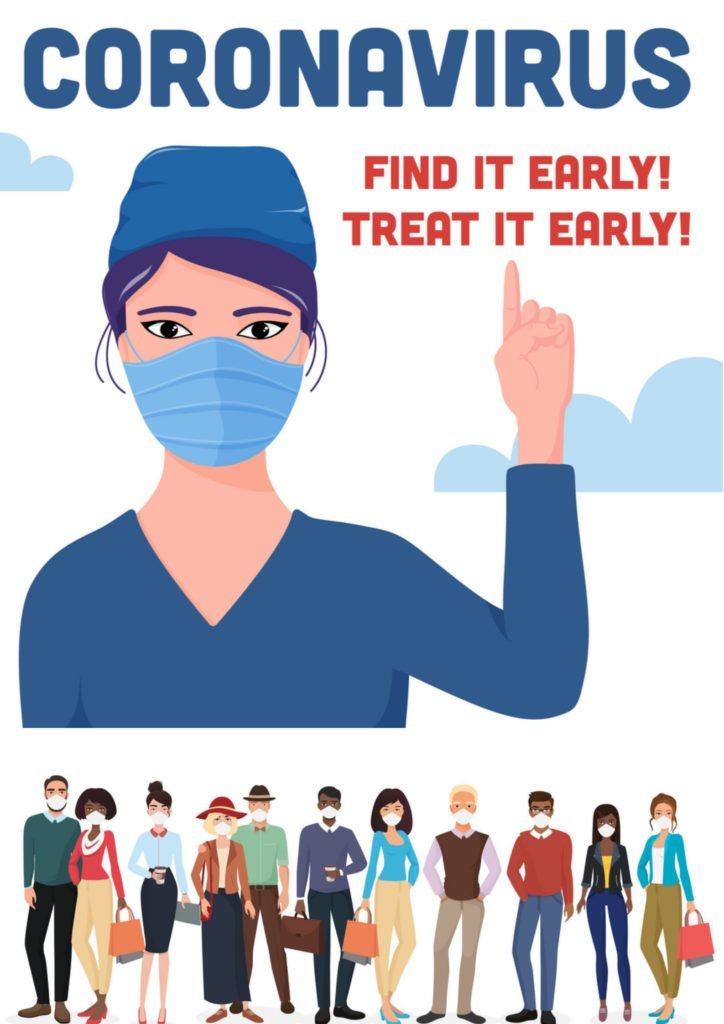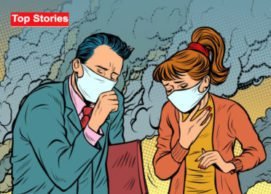Most people infected with the COVID-19 virus will experience mild to moderate respiratory illness and recover without requiring special treatment. Older people, and those with underlying medical problems like cardiovascular disease, diabetes, chronic respiratory disease, and cancer are more likely to develop serious illness.
The best way to prevent and slow down transmission is be well informed about the COVID-19 virus, the disease it causes and how it spreads. Protect yourself and others from infection by washing your hands or using an alcohol based rub frequently and not touching your face.
The COVID-19 virus spreads primarily through droplets of saliva or discharge from the nose when an infected person coughs or sneezes, so it’s important that you also practice respiratory etiquette (for example, by coughing into a flexed elbow).
At this time, there are no specific vaccines or treatments for COVID-19. However, there are many ongoing clinical trials evaluating potential treatments. WHO will continue to provide updated information as soon as clinical findings become available.

Source- WHO website
See Also- coronavirus-rife
What Should We Do at Home?
To protect others at home, someone who is sick should:
As much as possible, keep away from other people and pets in your home.
Wear a face mask (if you have one) if they must be around other people.
Cover coughs and sneezes with a tissue, throw the tissue away, and then wash their hands right away. Wash with soap and water for at least 20 seconds, or use alcohol-based hand sanitizer.
If possible, stay in a bedroom and use a bathroom separate from other people in the home.
Use separate dishes, glasses, cups, and eating utensils and not share these with other household members. After use, run them through the dishwasher or wash with very hot soapy water.
Use separate bedding and towels and not share these with other household members.
See Also: LTR Magazine- Tech Blog For Reviews
What Should I Know?
If you’re caring for someone with coronavirus or who has coronavirus symptoms, keep taking these precautions until your doctor or local health department say it’s safe to stop doing so.
It can get pretty lonely and boring for kids who are sick and need to stay home. While they’re separated from family, classmates, and friends, kids who feel well enough may want to:
Talk on the phone or do a video call with family and friends.
Text or use other messaging apps to talk with family and friends.
Play online games that let them play with other kids from home.
Do puzzles or Legos. Keep these clean and keep separate from other toys in the house.
Clean items used by the sick person (such as phones and computers) before other family members use them.



